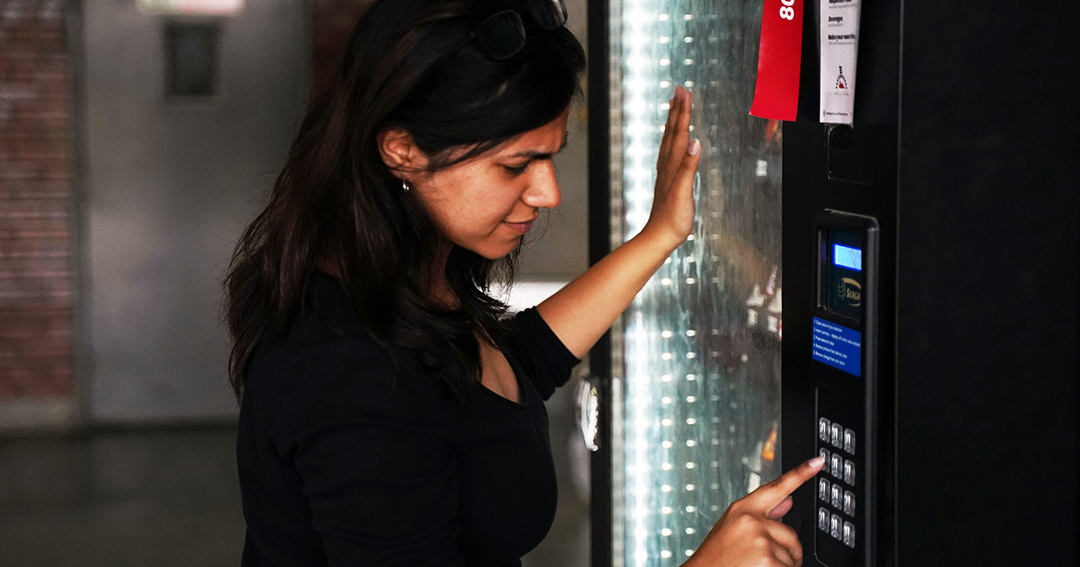Graduate 2023, by Amy Sloan
“My daughter is really struggling with lying; can you recommend good fiction books she can read to fix that?” “My son struggles with self-control; do you know a good unit study that could help?” “This read-aloud/poem/memory work/curriculum is really great at forming virtue in your children.”
These are the types of comments and questions I frequently see in the homeschool world. While I understand that most parents ask these questions or make these comments out of a genuine, godly desire to disciple their children more faithfully, something about this approach to “virtue formation” or “character development” always makes me cringe.
In fact, I would go so far as to say that I do not homeschool to make my children into virtuous humans. I do not choose novels for them as a sneaky way to fight sin. As much as I love our poetry memory work, I do not believe those poems will sanctify my children. Using any good homeschool tool in an attempt to manipulate or mold our children’s character serves neither their souls nor their education. Before I go on to clarify what I do not mean by these perhaps slightly shocking statements, allow me to share my primary concern.
Christian parents, rightly, want their children to choose the good and eschew the evil. We want them to believe what is true, love what is good, and admire what is beautiful. We have certain priorities for the types of humans we hope to leave our homes one day. But it’s when we get our end goals and our source of hope out of whack that things go awry.
If the end goal of our educational choices is inculcating virtue, we run the risk of raising very moral heathens. Virtue apart from the Triune God is emptiness. Obedience without love for Christ is death. If we decide to homeschool in order to save our children, our hope is in the wrong thing. Only the Holy Spirit can change our children’s hearts. Only the fear of the Lord is the beginning of wisdom.
Homeschool (like Christian parenting in general) is not a vending machine. You don’t push the right buttons (the right character-based curriculum, the ideal read-aloud, the perfect collection of memory work) and get the right result (nice, Christian kid). When our homeschooling, curriculum choices, or family standards (all good things, I might add) become our idols, we have placed our hope in things that will always ultimately disappoint us.
Does it matter, then? Lest I be misunderstood, let me be clear. Of course, it matters what we read, what we memorize, and how we spend our time. Of course, education is a process of nurturing the formation of the mind and imagination, of encouraging humility and praise as we behold the works of God. Of course, the things we regularly behold will affect the way we think.
1 Corinthians 15:33 says clearly, “Do not be deceived: ‘Evil company corrupts good habits.’” I think this applies just as much to the things we read and how we spend our time as it does to our literal friends.
We are commanded to think on certain things instead of others: “Finally, brethren, whatever things are true, whatever things are noble, whatever things are just, whatever things are pure, whatever things are lovely, whatever things are of good report, if there is any virtue and if there is anything praiseworthy—meditate on these things.” (Philippians 4:8)
We are clearly entrusted with a serious calling from God Himself to disciple our children by word and example. (Deuteronomy 6) But we must never be deceived into thinking our hope lies in doing this whole parenting thing the “right” way. Homeschooling is not going to save our children. Poetry will not save our children. Read-aloud time will not save our children. Only Jesus can do that.
We can get a little irritated by that in our pride, right? Like, wait, doesn’t God appreciate all the sacrifices I’m making for my children and all the hours I spent researching curriculum and customizing this epic homeschool experience? But aren’t we really saying something like “God owes me” in that moment? Instead, we must humble our hearts before the Lord. He is the Potter; we (and our children) are the clay. And isn’t that actually a hopeful thing?
What if you didn’t pick the perfect curriculum, after all? What if you didn’t perfectly curate the book list? What if you mess up and yell at your kids?
If you have a vending-machine mentality, I guess you’d better just hope that you’ve pushed more “right” buttons than “wrong” ones. What could be more terrifying for the Christian parent? But what if it’s not a vending machine? What if you and your children can rest in the arms of a God who “cannot deny Himself,” who sent His Son to die for His people while we were still sinners?
What if how your children ultimately turn out is not about the words you read and recite in your homeschool but about the Word made flesh? Virtue can’t be our ultimate end. Raising good (or even exceptionally virtuous) kids can’t be the ultimate goal in our homeschool. After all, even pagan philosophers and historians could encourage good moral character.
Instead, pray with and for your kids, that they would love the Lord their God with all their heart, soul, mind, and strength. Pray that the love of Christ would dwell richly in their heart through faith. Put your hope in the Holy Spirit’s work.
Step away from the vending machine and your frantic attempts to save your kids. God’s already taken care of it.
This article originally appeared on HumilityandDoxology.com




